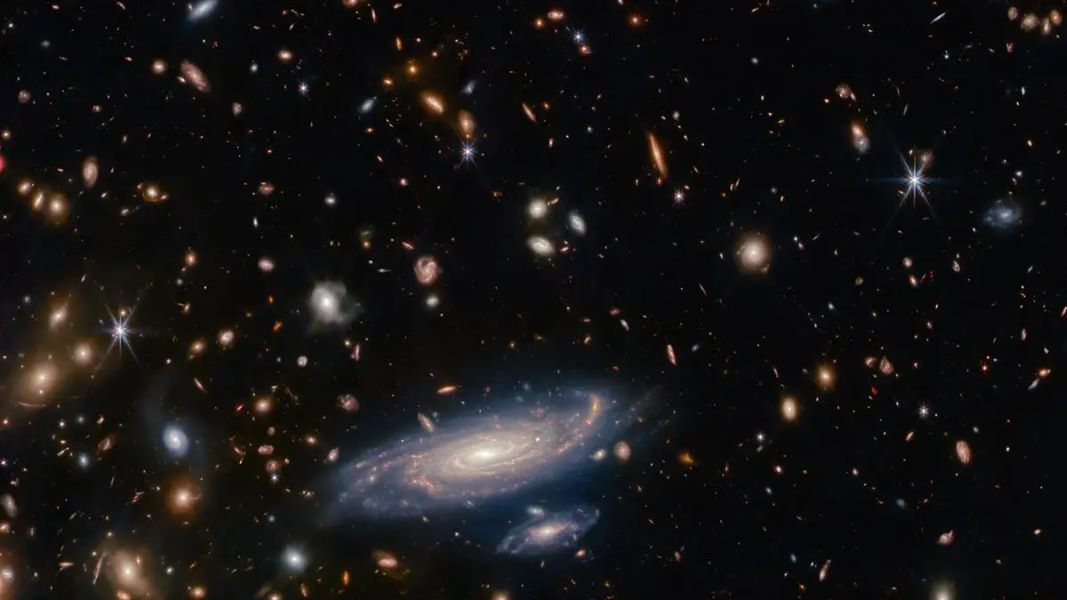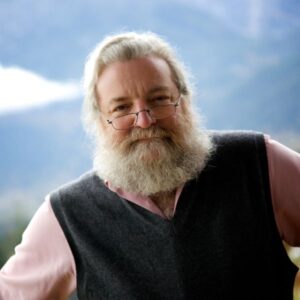The Universal Timekeepers: Reconstructing History Atom by Atom
With David J. Helfand
May 31 - June 5, 2024
Atoms are unfathomably tiny. It takes fifteen million trillion of them to make up a single poppy seed—give or take a few billion. And there’s hardly anything to them: atoms are more than 99.999999999 percent empty space. Yet we have learned to precisely count these slivers of near nothingness and to read the details of their internal states. Their unique signatures and imperturbable internal clocks allow us to employ them as diminutive historians capable of revealing the secrets of the past.
We’ll reconstruct the entire history of the Universe—back to its first microsecond 13.8 billion years ago—with the help of atoms. By using detectors and reactors, microscopes and telescopes, we’ll decode atoms to answer questions such as: Is this medieval illustrated prayer book real or forged? How did maize cultivation spread from the highlands of central Mexico to New England? What was Earth’s climate like before humans emerged? Where can we find clues to identify the culprit in the demise of the dinosaurs? When did our planet and solar system form? Can we trace the births of the atoms themselves to the cores of massive stars, or even glimpse the origins of the Universe?
We’ll see how the building blocks of all we know illustrate the power of science to unveil the mysteries of unreachably remote times and places.
Program Highlights
- Explore the extreme limitations our senses impose when we are constructing models of reality
- Learn how atomic nuclei can be used to identify art forgeries and to date archeological artifacts
- Uncover the history of Earth’s climate over hundreds of thousands of years and the implications for our future
- Discover the origin of our atomic historians themselves and their moment of creation in the Big Bang
Daily Schedule
A detailed schedule will be available at least 2 weeks in advance of the program. View sample schedule here.
Presenter
David J. Helfand has served on the Columbia University faculty for forty-six years, nearly half that time as Chair of the Department of Astronomy. He has mentored 22 PhD students in projects ranging from supernova remnants and neutron stars to the cosmic X-ray background and in various areas of radio…
Learn more about David J. Helfand


